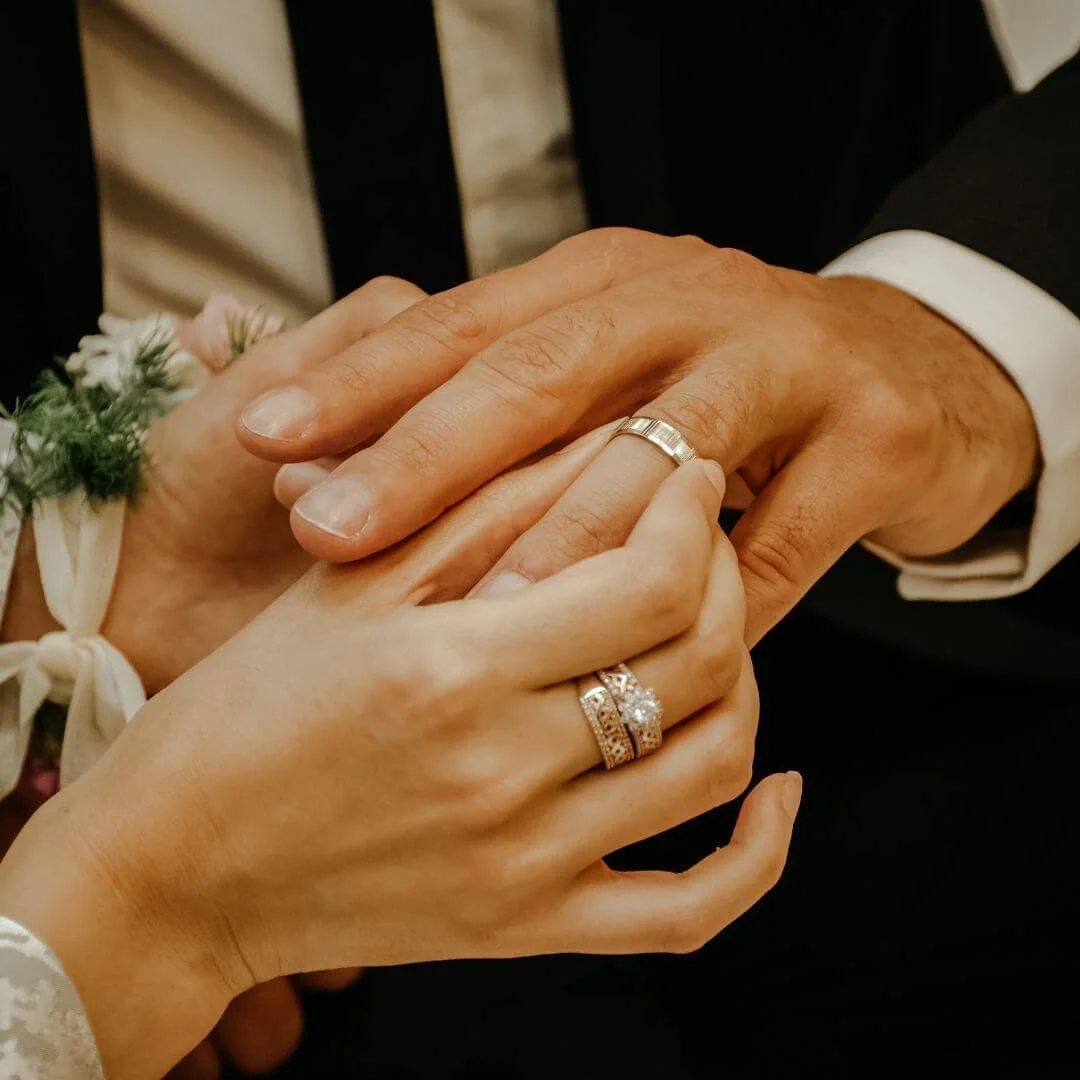Effective communication is based more on how you say things rather than on what you actually say. A conversation can go very well or wind up in a lot of anger and upset, depending on the communication style used. Our means of communication impacts all facets of life.
Anger Management: 3 Ways to Channel Your Rage
Anger is a tricky emotion, especially in our society. We get messages that anger is “bad” and that we should never show it. While we certainly don’t want to take our anger out sideways on innocent bystanders and we don’t want to rage at people we have anger towards, anger isn’t a “bad” emotion to be pushed away and shamed for. It is healthy to acknowledge, honor and express our anger as long as we’re not hurting anyone in the process. Here are three ways to channel your anger:
1. Acknowledge:
Mindfully check in with your body and notice where the anger lives. You may notice that when you’re angry, you clench your jaw. Many of us store anger in our jaws. Perhaps when you get heated, you feel your face flush. Do you notice that you make a fist? Or are you more someone who feels ashamed for having anger, so it’s stuffed down and manifests itself in an upset stomach or feelings of self-loathing? However your anger manifests itself, the first step towards freedom is to acknowledge that you are, in fact, angry, even if you’re not quite sure why.
2. Honor:
Trying to put the judgment aside, see if you can think back to when you first started noticing the anger. Sometimes people believe that the key to anger management is to push the anger away and try to ignore it. But, I’m of the belief system that what we resist, persists. So if you want to get free of your rage and really learn anger management, try allowing yourself to be angry without doing anything about it, just noticing it in your body.
3. Expression:
Here are some skills you can try for expression of your anger. Take what you like and leave the rest:
- Journal about the anger
- Write a ‘do not send’ letter to the person or thing you’re angry at
- Sweat it out - Go for a run or engage in another form of physical exercise
- Vent to a friend, therapist or another safe person not involved in the situation
- Rip up a phone book
- Punch a punching bag
- Create some art expressing your anger
- Write out the story of what happened, then rewrite it with what you wish would have happened
- Practice progressive relaxation
- Learn assertive communication skills and directly address the issue with the person or situation
For more help with anger management, contact us here.
What else do you find helpful for anger management? Write your responses here:
5 Ways To Be A Better Listener: Communication Through DBT Skills
DBT for Communication
by Megan Delp, MFT
The Dialectical Behavioral Therapy (or DBT) tenant called Interpersonal Effectiveness teaches us how to be a more effective communicator through learned to be a better listener. We have always known that progress depends on the ability to communicate effectively. The most effective communication does not begin with what a person says, but how well they hear the person they are communicating with. Only by listening effectively can you respond appropriately inany situation.
Throughout all forms of communication (reading, seeing, speaking, listening), we spend 40% of that time listening. And yet, we get less training in listening than in any other kind of communication. All throughout childhood, we are taught how to speak, how to read, but very little time is spent on learning how to listen. Learning to listen is difficult, but worth it.
For instance:
You can not NOT communicate. We're communicating verbally or nonverbally all the time.
Whenever contact is made, some form of communication does occur.
The true meaning of something is not in the words we use, it's in how people interpret the words.
Yet the meanings cannot be transferred. We can't just put a computer file directly in someone's head. We can only send the words. So listening becomes a critical skill if we are going to fully understand the meaning someone is trying to send us.
We have the ability to listen in many different ways - it is important to be able to distinguish how we are approaching our communication so that we are prepared to handle it effectively.
The Five Listening Approaches are:
1. Appreciative:
People are more likely to listen if you feel inspired by what you are hearing or if you are enjoying yourself. You’re not necessarily interested in the details when you are using Appreciative Listening, rather you are more focused on the impression of the experience.
2. Empathic:
This style is often a sounding-board to others. A person would offer support to the person they are listening to. They focus specifically on the feelings revealed by the person they are listening to. If you are often approached by people who need to confide or vent about something, you will know that's your typical approach to listening! This style is much more focused on offering compassion.
3. Comprehensive:
A comprehensive listener can recognize key details between one message and another even when the speaker is less than organized. They can also recognize when someone doesn't understand what is being said and can re-explain clearly in their own words.
4. Discerning:
This approach of listening wants to get all the information and may take detailed notes. Distractions can be very disturbing when using this listening approach. An example would be when other people are talking in class and you are trying to get all the notes.
5. Evaluative:
When listening with an evaluative approach, the listener will not automatically accept what is being said as true just because an expert says it. If they disagree, they will simply stop listening. They will also be more doubtful if the speaker is too passionate about their topic. This approach can be helpful when evaluating something and making a decision about it.
It can be highly useful to adapt your listening approach to the needs of the situation. For example, if a close friend is sharing their difficulties with you, you would want to be empathic and not evaluative. You have probably had the experience of someone giving you unsolicited advice when you really just wanted them to empathize with you! The opposite can also be true. When you recognize the correct listening approach in any situation, and use the appropriate listening approach, you can build better relationships, make the correct decisions and use your interpersonal effectiveness skills. It all starts with learning how to listen!
Megan Delp, MFTI
Megan is a pre-licensed Marriage and Family Therapist specializing in couples counseling and individual therapy for those struggling with depression, anxiety and relationship issues. Megan practices with Spilove Psychotherapy in West Chester, Pennsylvania and on the Main Line of Philadelphia in Bryn Mawr. For more information or to schedule a free 15 minute phone consultation, contact us here.










